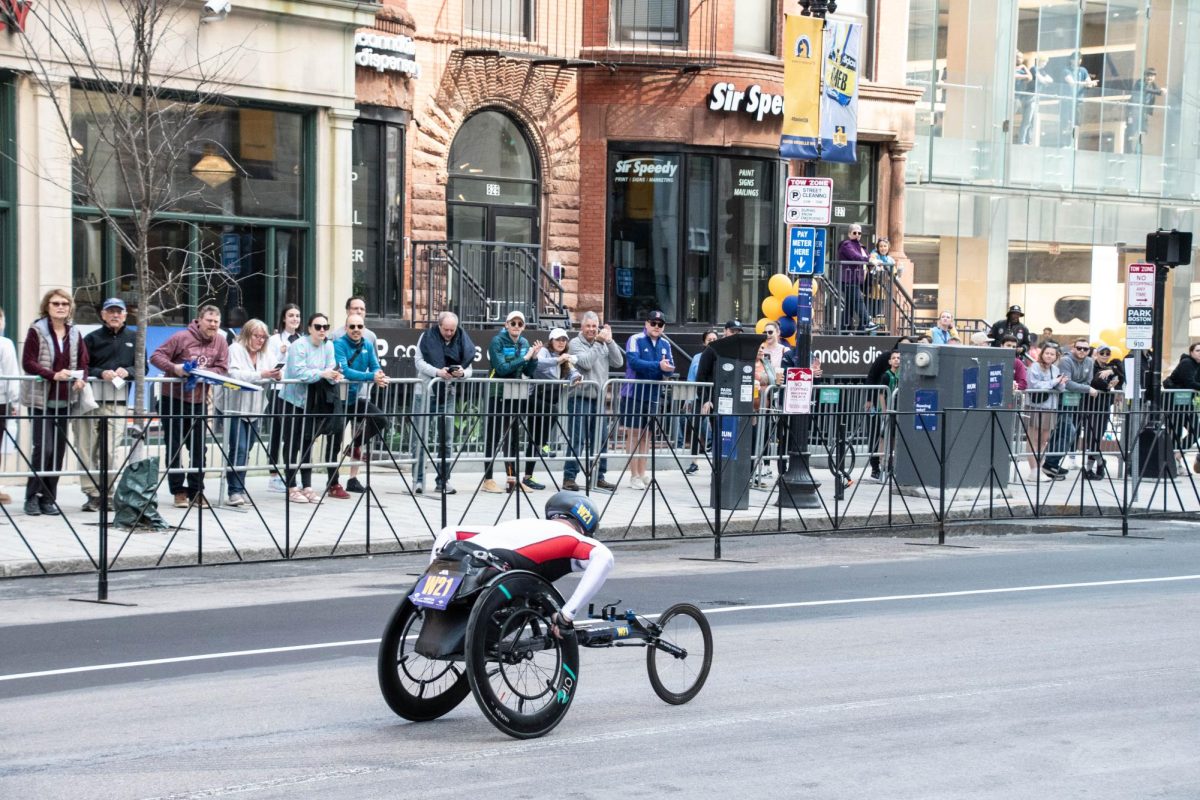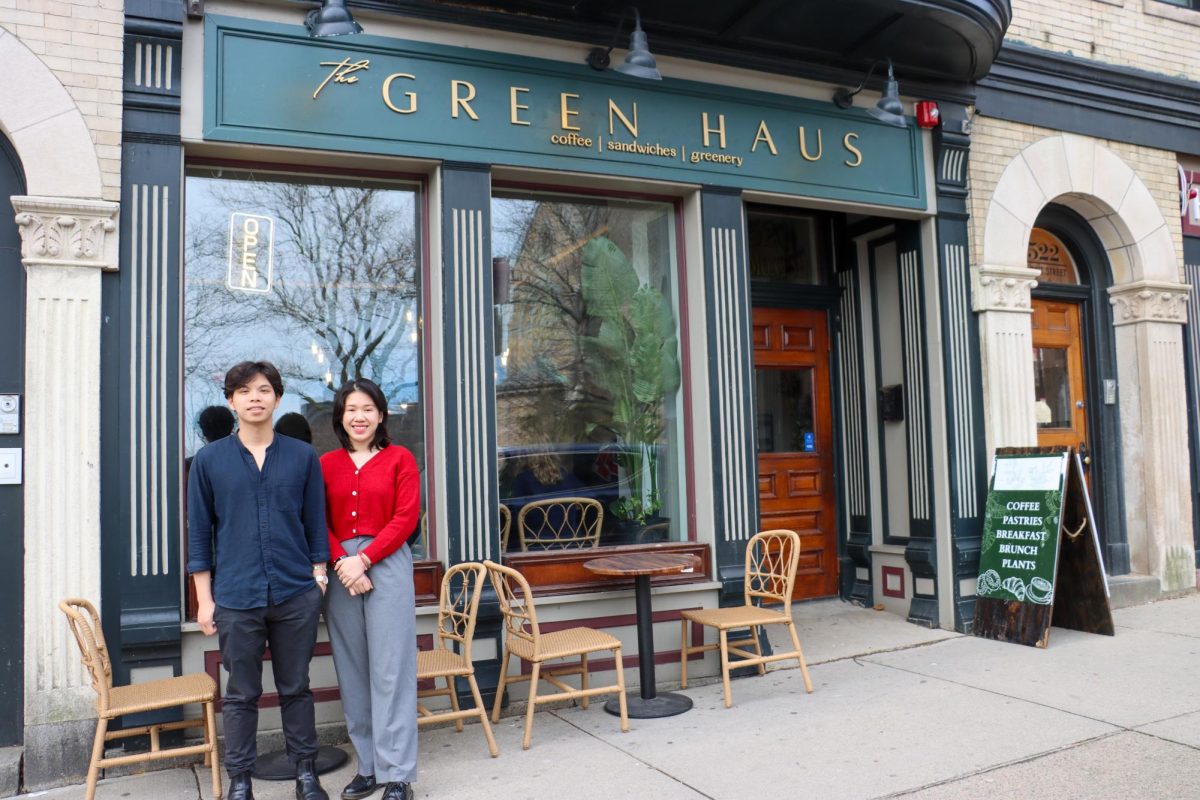By Chelsey Meyer, news correspondent
Competing proposals to legalize marijuana in the Bay State are moving forward after gaining certification from Attorney General Maura Healey. The sponsors of the two proposals hope the measures will gain enough public support to become statewide ballot questions in 2016, which would give Massachusetts voters the opportunity to directly approve the drug for recreational use.
The ballot initiatives share the goal of eliminating the black market for marijuana through legalization but differ drastically in their proposed mechanisms.
A plan submitted by the organization Bay State Repeal calls for unregulated, untaxed access to marijuana for anyone over 21. A rival initiative, sponsored by the Campaign to Regulate Marijuana Like Alcohol in Massachusetts, calls for a stricter, more controlled system similar to the one approved by Colorado voters in 2014.
“We believe that the voters are much more interested in a regulated system than an unregulated system,” Will Luzier, campaign manager for the Campaign to Regulate Marijuana Like Alcohol, said.
Such a system would take the form of a series of permit processes and state taxes on the manufacture and sale of marijuana. The funds would be used to create and maintain a “Cannabis Control Commission” that would oversee the marijuana industry in the state. Municipalities would also have the option to add an additional tax.
Bay State Repeal’s initiative – which was certified in three separate but similar versions – would not enact an additional tax or create a new regulation system, according to Steve Epstein, spokesman for Bay State Repeal. The most libertarian form of the group’s plan would legalize the possession and the production of the drug for people 21 and older.
Another key difference between the proposed laws is the amount of cannabis an individual would be allowed to possess.
The Campaign to Regulate Marijuana Like Alcohol’s initiative would allow people who are 21 years old to possess up to 10 ounces of marijuana in their home and one ounce on their person. People would also be allowed to grow up to six cannabis plants in their home. Bay State Repeal does not favor any such limits, Epstein said.
“There are risks associated with legalization [in either case],” said Samuel Kamin, a professor of law at the University of Denver and member of Colorado’s Task Force to Implement Amendment 64, which legalized marijuana in the state. “There is some reason to believe that marijuana use will go up, marijuana use among teenagers and youth might go up. The question is whether those costs outweigh the costs of prohibition,” Kamin said. The biggest costs of prohibition, he said, are enforcement costs and the black market.
Replacing an illegal market with a legal one does not change the fact that marijuana is a drug, said Gus Sanoja, a first-year graduate student studying project management at Northeastern.
“I don’t like the idea of marijuana being legalized because I believe that eventually, that will create damage to people,” Sanoja said.
When last surveyed, Massachusetts voters were split on the topic of legalization. In 2014, a public opinion poll conducted by the Boston Globe showed 48 percent of registered voters favor legalization and 47 percent are against.
Both campaign groups are beginning to collect the 64,750 signatures from registered voters required for an initiative to appear as a question on ballots next year.
“We anticipate hiring a professional signature-gathering firm to help us,” Luzier said of his campaign’s approach.
Bay State Repeal will use volunteers to collect the signatures, Epstein said. The group’s biggest drive for supporters will take place at the Boston Freedom Rally on the Boston Common on Sept. 26 and 27.
“There’ll be thousands upon thousands of people there,” Epstein said. “While many will be out-of-state college students, a lot of them will be Massachusetts registered voters.”
Public figures are mostly lining up to oppose the initiatives. Attorney General Healey and Governor Charlie Baker have publicly stated their disapproval of legal marijuana. A spokeswoman for Mayor Martin J. Walsh said he does not support the measures.
“The Mayor is opposed to the legalization of recreational marijuana,” spokeswoman Bonnie McGilpin said in an email to The News.
However, public officials in other areas of Massachusetts are demonstrating support. Senator Elizabeth Warren told Boston.com she was “open to the idea” this month. A few local mayors have privately expressed interest in the economic benefits, according to Luzier.
Jessica Litman, a junior psychology major, said a reasoned compromise between prohibition and unfettered use would be most beneficial.
“I think it should be legalized to an extent, but I don’t think it needs to be treated like candy,” Litman said
Photo courtesy Rafael Castillo, Creative Commons














